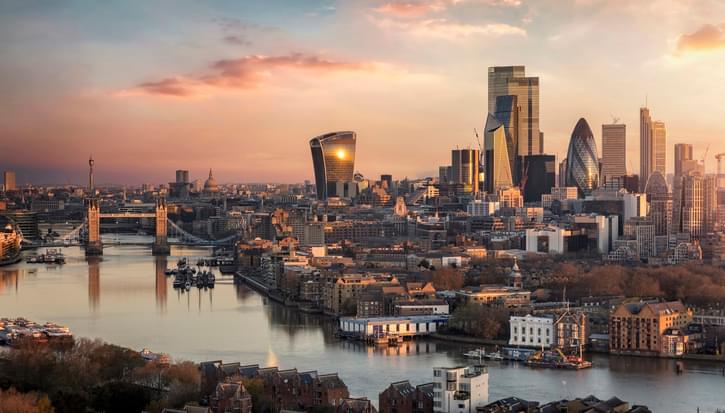Radical consensus must be the Labour Party’s future
Article
The Labour Party has been defined by its extremes for so long, many have forgotten how small the purist ends of these actually are. Corbyn’s impressive leap forward in the General Election was supported by Labour Party volunteers across the country from a range of factions. But equally by people who’ve never heard of factionalism. What some who focus their energy on internal battles forget that that by far the largest groups within their own memberships and across the Party are those who are inspired positively by left of centre politics and want to work as part of a larger collective to create that.
The Party is going into the summer riding a wave of optimism. It is largely united in the belief that the Party might actually be able to get into government sooner rather than later. It is largely united in an acceptance that it is Jeremy Corbyn and the supporters he has attracted that have played a huge role in getting it here.
The question of who leads the Labour Party is settled. It will be Jeremy Corbyn who decides when he leaves now – he has earned that. Now the leadership has earned its security it will be up to all parts of the Party to help it govern well, consensually and effectively. Crucially, this cannot be done by acclaim either by the leadership or the PLP. The general sense that the “big beasts” would now swoop in to a cabinet in the recent reshuffle and a disappointment that they didn’t was misplaced. While the election campaign as well as the result have gone a long way in dissipating tensions, and while with a few notable exceptions on both sides most are working well towards this, but it will take time, openness and willingness to find a way forward together. Expecting Corbyn to dump those loyal to him the instant those who weren’t have become available is to misunderstand the man and the current situation.
There has been admirable restraint from most parts of the Corbynite left not to simply say “I told you so” or to try to instantly transform this not-quite-win into the wider project of Party transformation than some have long seen as their ultimate goal. This is – in part – because Jeremy Corbyn could well now end up as Prime Minister. As a result, those around him realise that preparing for the incredibly tough job of power – possibly even being in power through the Brexit negotiations if Theresa May can’t hold her coalition together – is the priority.
This is where the centre of the Party, particularly those classed on what has traditionally been known as the ‘soft left’, can help. No longer can the noisiest and most extreme on both sides be allowed to dominate and overwhelm debates crowding out the more positive contribution the vast majority wish to make. There must be new, more consensual ways of bringing everyone’s talent to the service of the Party. The soft left has long been accused by both extremes of having a foot in both camps. Now that might work as a virtue, as they can broker more meaningful solutions to internal party issues by doing just that, working with all parts of the Party – from Momentum to Progress to do so.
Over the last two years, the Labour Party faced inwards too often, but ironically looked away too often as well. Now these internal debates can no longer be seen as proxy fights over Corbyn’s leadership it is a great opportunity for the Party to take the heat out of these fights by working across the Party to tackle such issues with the leadership on the front foot.
The soft left also have a vital role to play in strengthening the popular 2017 manifesto to ensure that it is not just a superb campaigning document, but one whose policy promises are backed up with an implementable programme for government. Vitally, this must again not come as a managerial takeover of Corbyn’s radical platform. If it is, it will fail electorally. It was Corbyn and his team who – building on work already done for the 2015 Ed Miliband Manifesto – developed this programme. The fact that is didn’t reflect the worst fears of their critics should be reflected going forward. Instead they must offer a supportive and practical approach to working with the leadership, the PLP and outside bodies IPPR to turn these into workable legislation ready for Corbyn’s first queen’s speech.
As Labour remains on an electoral footing, it must work as a whole party to combine the radical policies of Jeremy Corbyn with a new consensual approach to implementing them. By acting not as power seekers but consensus brokers, this could be the Soft Left’s opportunity to help make that happen.
Related items

From bystander to builder: government guidance will be essential for industry to thrive
Global political attention remains fixed on Washington. US president Donald Trump’s tariffs (and the circling threat of new tariffs) are challenging the global economic order and throwing governments into chaos. Intensifying economic…
Accountability matters: Securing the future of devolution
English local government faces major reshaping.
Nuclear enrichment: Building a stable and effective nuclear workforce
The government has talked a good game on the future of nuclear generation.